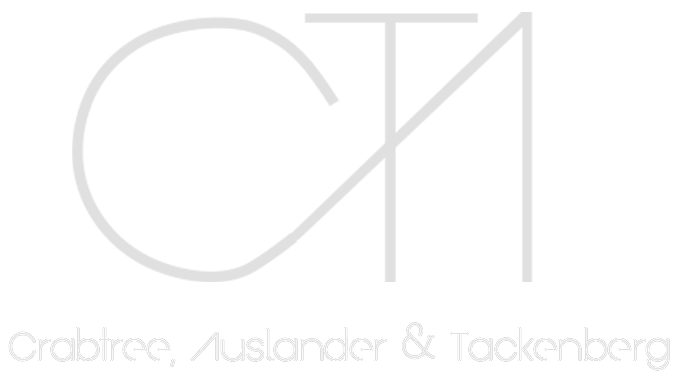In a putative class action filed on behalf of thousands of consumers who purchased airfare from a South American airline, the firm obtained a reversal from an order dismissing the case on federal preemption grounds. Though the district court had dismissed the putative class’ case on the basis that their request for damages was preempted by the Airline Deregulation Act, the firm convinced the appellate court that the class sought merely to enforce the parties’ private agreements regarding the cost of passage and, thus, fell outside the scope of ADA preemption, as delineated by the United States Supreme Court.







